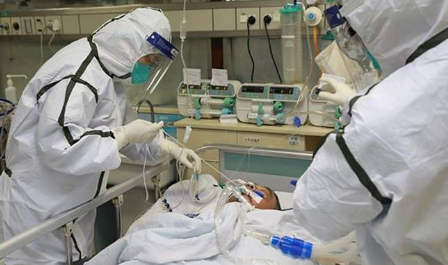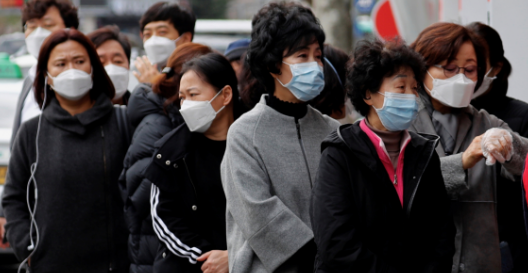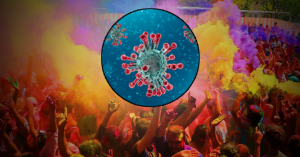The highly infectious novel coronavirus (COVID-19) has spread to over 70 countries, with almost 3000 people capitulating to the outbreak. The number of confirmed cases has already traversed 80,000 worldwide, and more countries record their first deaths from coronavirus. With no vaccine or definite cure in sight, people around the world are looking desperately for ways to prevent it.

With more than 3000 deaths and fresher cases reported each day, a pandemic has been identified for Coronavirus. The World Health Organization has classified this global health emergency as a condition facing “extremely high risk.” What’s more disturbing is that the virus, so far largely confined to mainland China, has now spread to countries around the globe, including India, where 2 new patients are being treated.
The danger, is it? If this remains the case, similar to cold and flu, there will be little hope for a vaccine or medication that could guarantee a full cure or disease prevention. Stressing the need for a potential cure to be found early, researchers also suggest the virus also has the ability to mutate itself, making it even more harmful.

Coronavirus is large in size where the cell diameter is 400-500 micro and for this reason, any mask prevents its entry.
The virus does not settle in the air but is grounded, so it is not transmitted by air.
Coronavirus when it falls on a metal surface
It will live 12 hours, so washing hands with soap and water well enough.
Coronavirus when it falls on the fabric
It will remain for 9 hours, so washing clothes or being exposed to the sun for two hours meets the purpose of killing it.
The virus lives on the hands
It will live for 10 minutes, so putting an alcohol sterilizer in the pocket meets the purpose of prevention.
If the virus is exposed to a temperature of 26-27 ° C It will be killed, as it does not live in hot regions. Also drinking hot water and sun exposure will do the trick. And stay away from dairy products like ice cream and eating cold is important.
Coronavirus is spreading in the world. Signs and symptoms of COVID-19 may appear two to 14 days after exposure and can include:
– Runny Nose
– Headache
– Sore Throat
– Fever
– Cough
– Shortness of breath or difficulty breathing

Here are some precautions you and your family can take to avoid infection:
Although there is no vaccine available to prevent infection with the new coronavirus, you can take these steps to reduce your risk of infection.
Frequently Clean Hands
Wash your hands nicely by using alcohol-based hand sanitizer or soap
When coughing & sneezing
Cover your mouth and nose with flexed elbow or tissue
Avoid Unprotected Contact
Avoid unprotected and close contacts with animals in areas experiencing novel coronavirus
Seek Medical Care
If you have symptoms of fever, cough and difficulty breathing take medical care immediately
Avoid Consumption
Avoid eating raw and uncooked animal products
Gargle with warm and saltwater kills the tonsils’ germs and prevents them from leaking into the lungs.
Stay Safe and Healthy Everyone.



